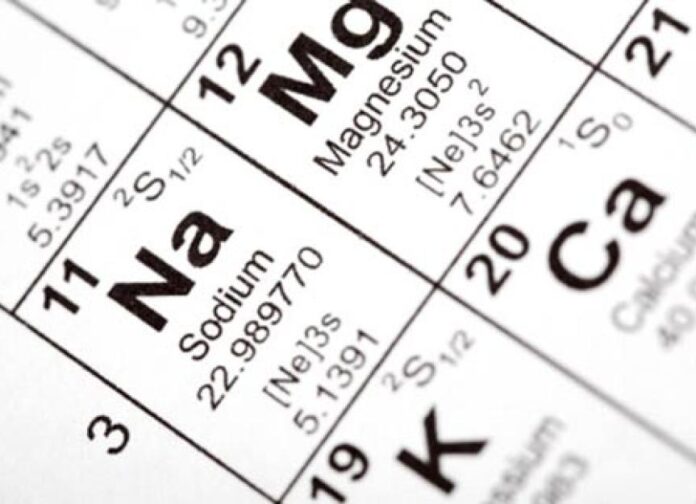Essential Minerals for Optimal Dog Nutrition
Choosing the right food for your dog can be challenging, especially when it comes to ensuring a proper balance of nutrients. Among these, minerals play a crucial role in the healthy development and function of your dog’s body. This article delves into the importance of minerals, their functions, and how to choose a dog food enriched with essential nutrients.
The Importance of Minerals in Dog Health
Minerals serve numerous functions in your dog’s body, including:
- Formation of bone and cartilage
- Nerve and muscle function
- Regulation of fluid balance
- Transportation of oxygen in the bloodstream
- Hormone production
It is vital that dog food contains minerals in appropriate amounts, as both deficiencies and excesses can lead to health problems. Therefore, manufacturers must carefully monitor the mineral content to ensure optimal health benefits for dogs.
How Are Minerals Incorporated into Dog Food?
Many essential minerals for dogs are derived from common ingredients, such as fruits, vegetables, meats, and whole grains. However, the primary sources of minerals in commercial dog food often come from pre-combined powdered mixes. These mixtures are meticulously tested for quality before being included in dog food formulations.
Raw ingredients alone are not sufficient to provide minerals since they may not survive the processing stages. Consequently, you may find various chemical names listed as mineral sources on dog food packaging. Additionally, “ash” is a common ingredient that contributes essential minerals, making it a key component of a balanced diet.
Types of Minerals Essential for Dogs
Minerals can be classified into two main categories: macrominerals and trace minerals.
Macrominerals
Macrominerals are required in larger amounts and are found in greater concentrations in a dog’s body. Key macrominerals include:
- Calcium
- Phosphorus
- Magnesium
- Sodium
- Chloride
- Potassium
- Sulfur
Calcium and phosphorus are particularly important for bone and teeth maintenance. A deficiency can result in deformities and fractures, while oversupplementation may cause abnormal growth in young dogs. Other macrominerals like sodium and potassium support fluid balance and muscle function, while sulfur plays a key role in skin and coat health.
Trace Minerals
Despite being needed in smaller amounts, trace minerals are equally vital in canine nutrition. Important trace minerals include:
- Iron
- Zinc
- Copper
- Iodine
- Selenium
- Manganese
These minerals support various bodily functions such as energy production, immune system health, and thyroid regulation. Dietary sources for trace minerals include organ meats, grains, and fish.
Choosing the Right Dog Food
When selecting dog food, it’s essential to look for a product that includes balanced levels of both macrominerals and trace minerals sourced from high-quality ingredients. Consult with your veterinarian to ensure that your dog receives the right nutrients based on their specific health needs.
Further Reading
Discover more about your dog’s nutritional needs:











